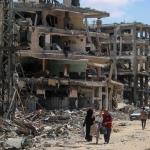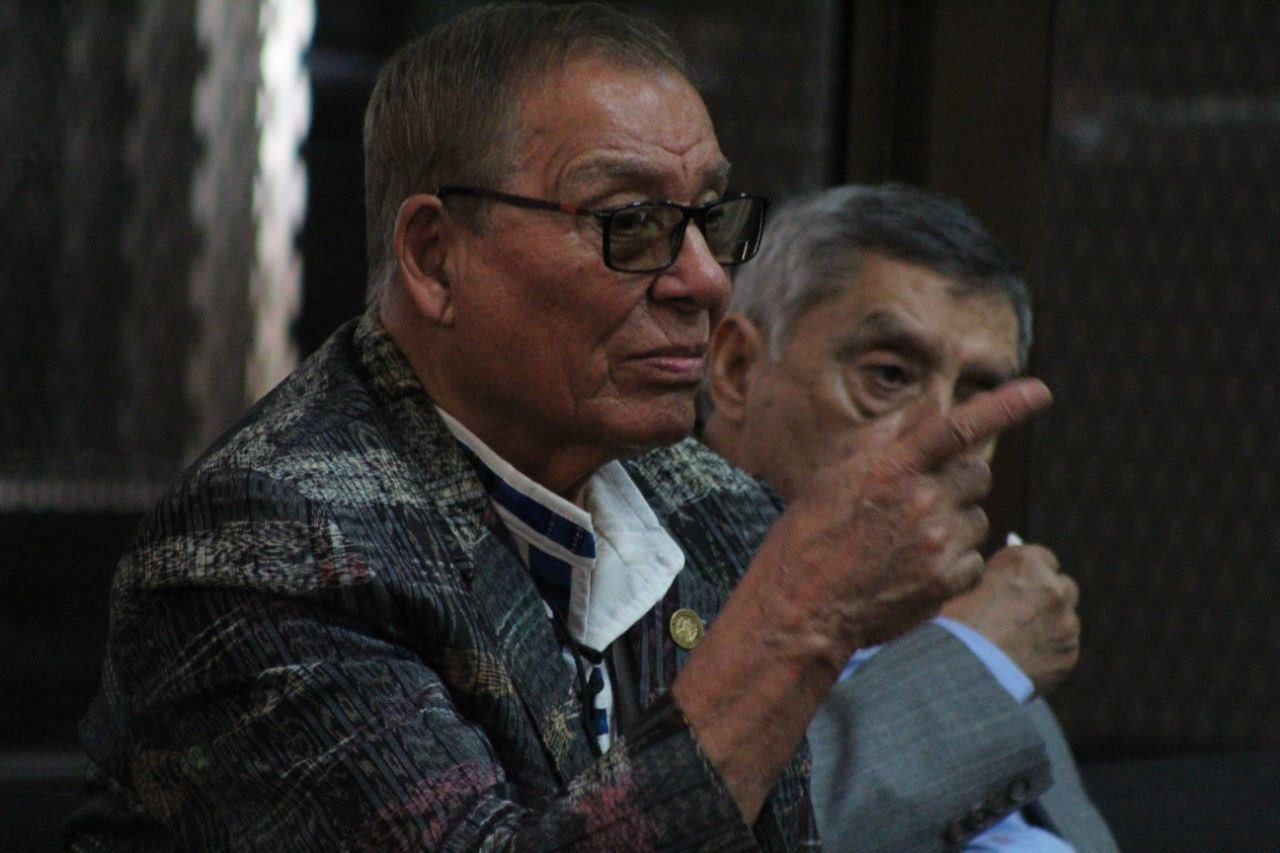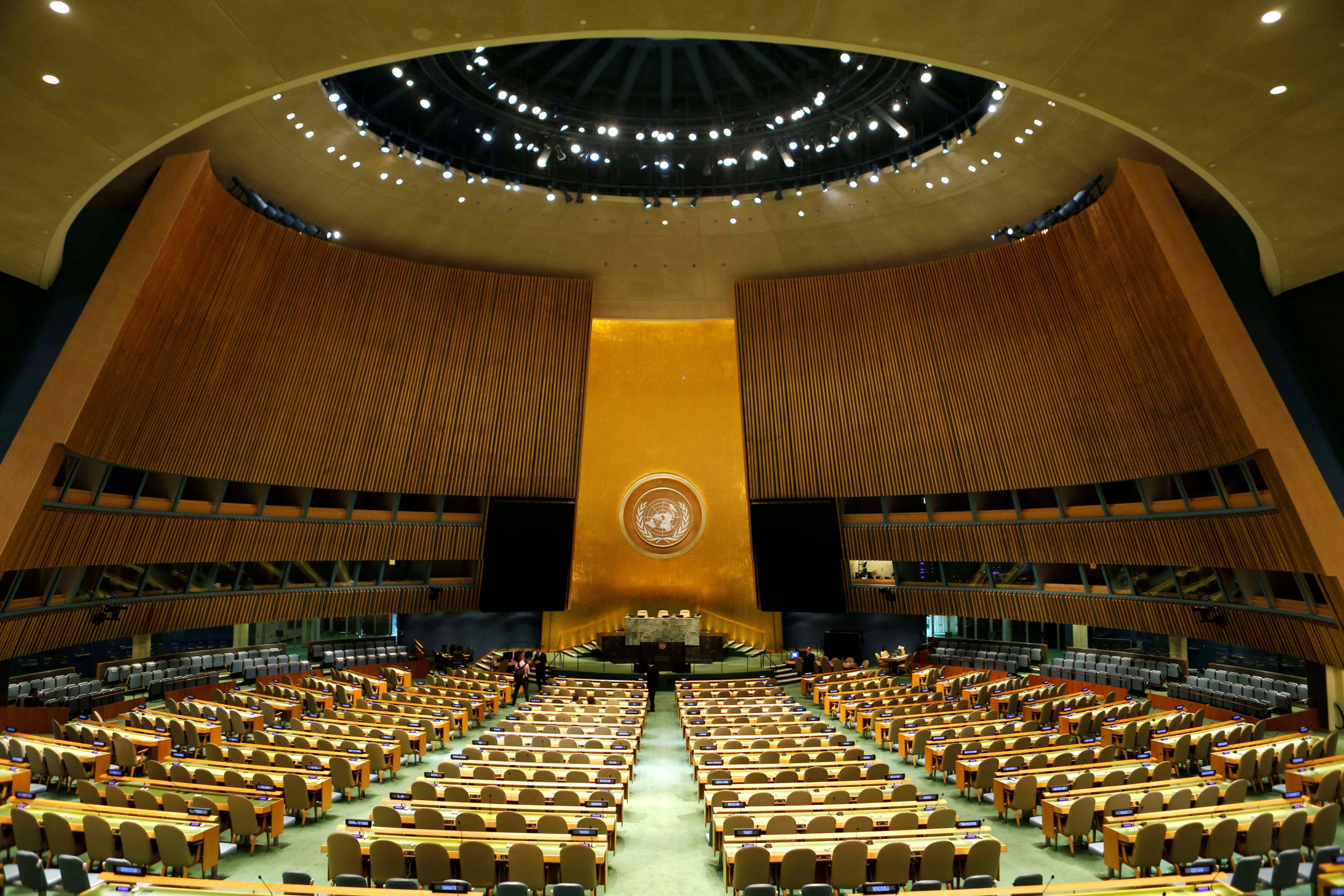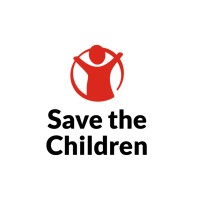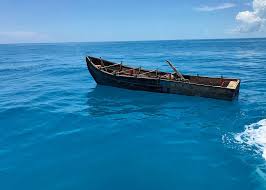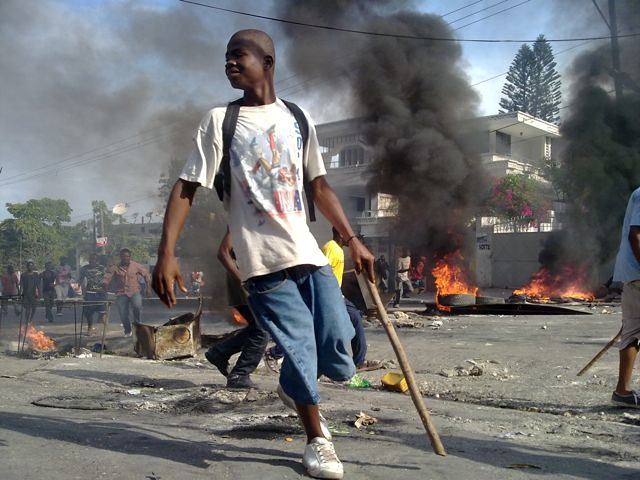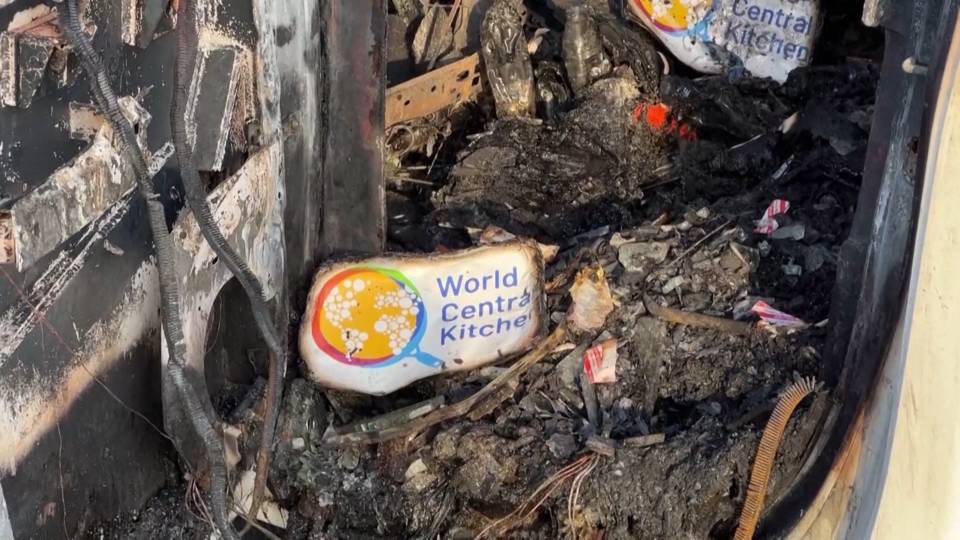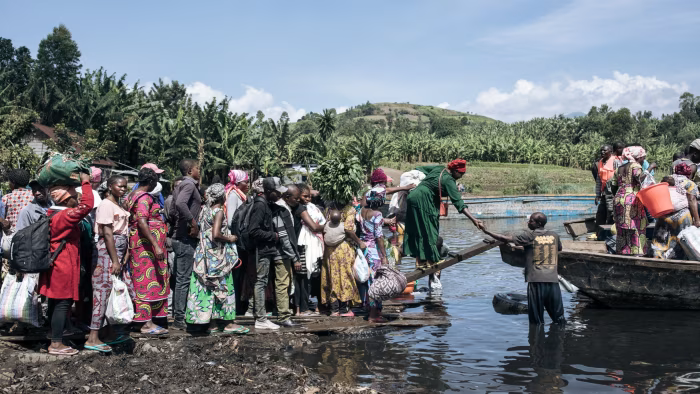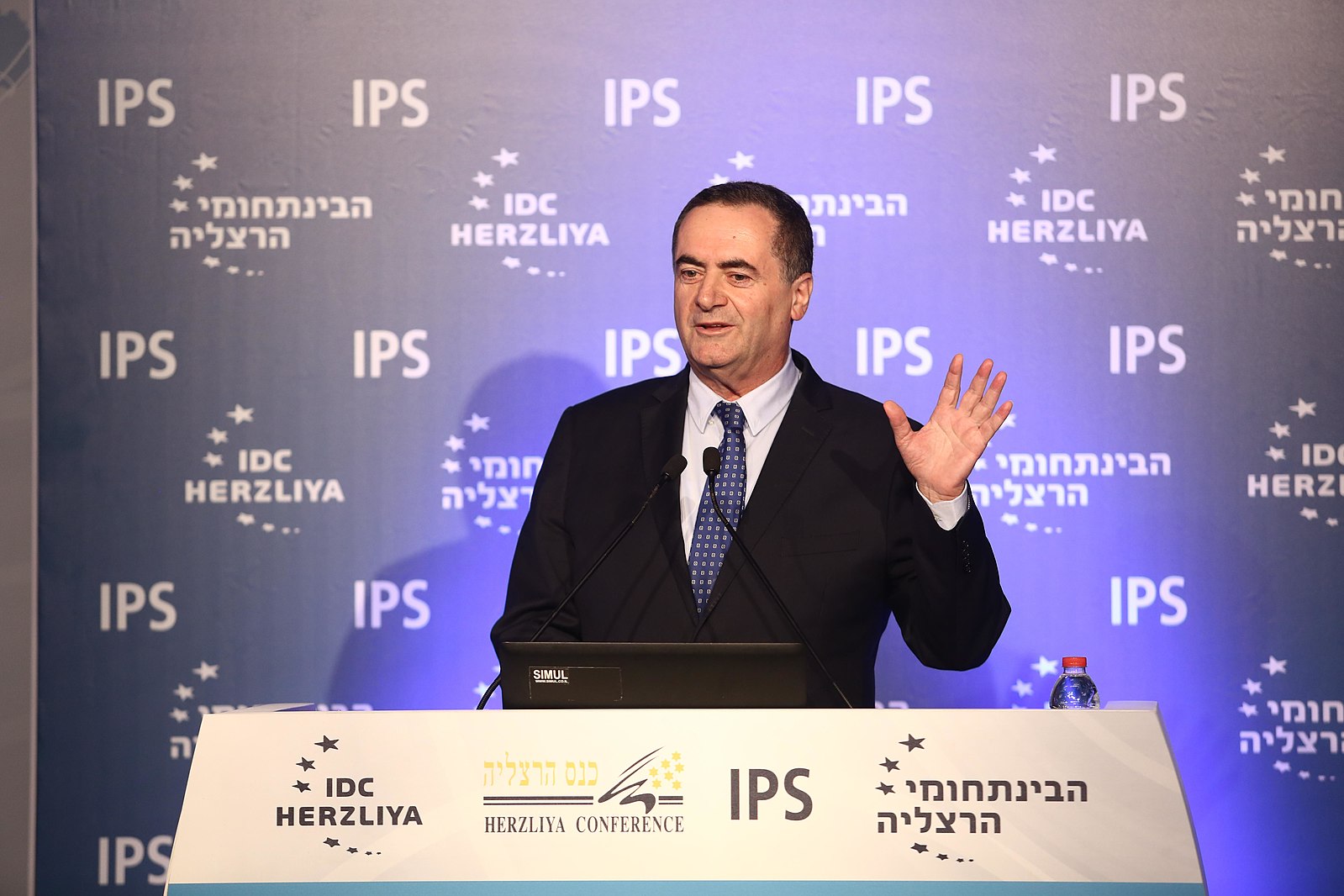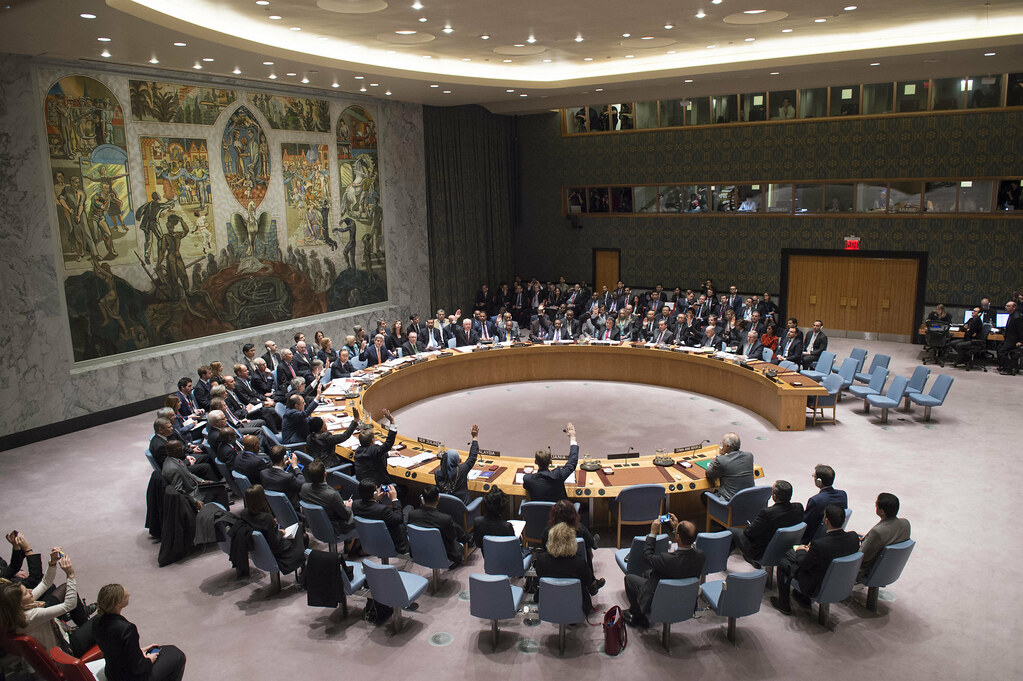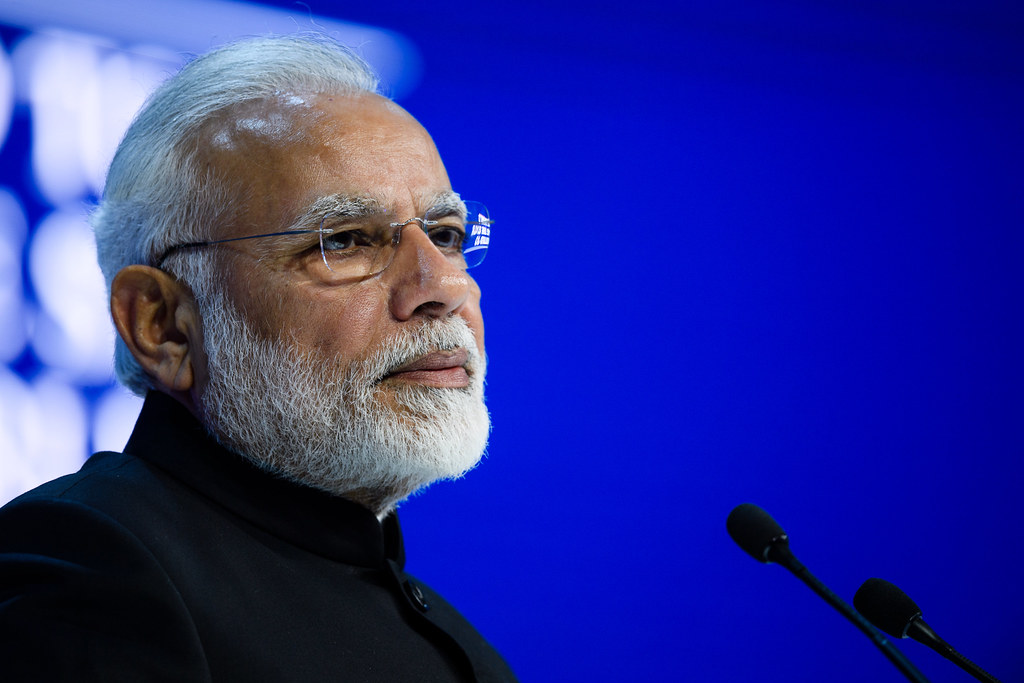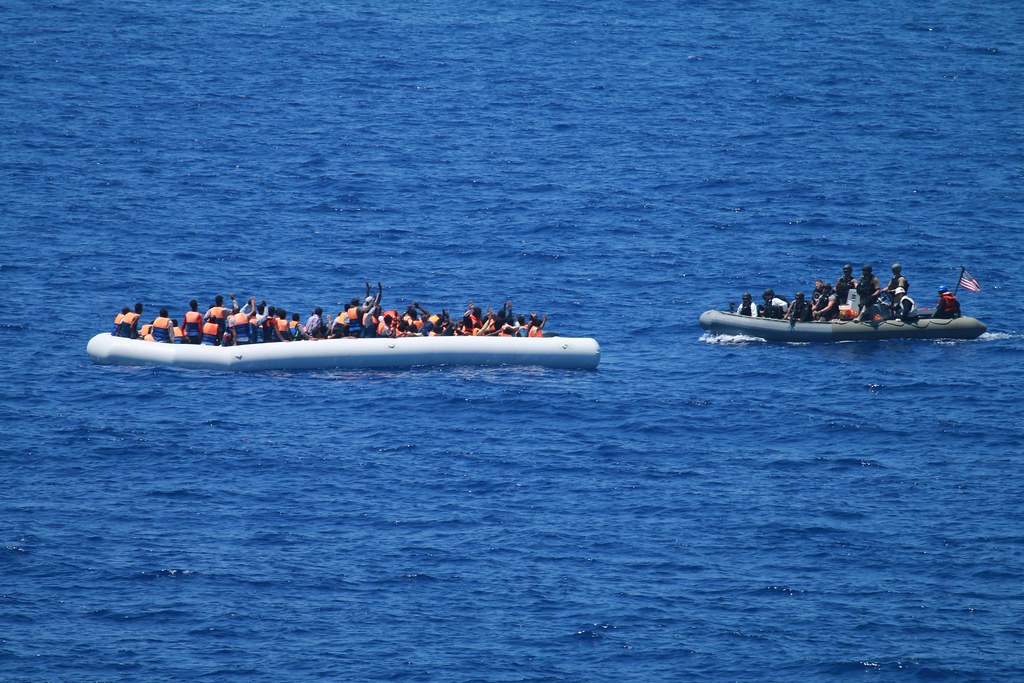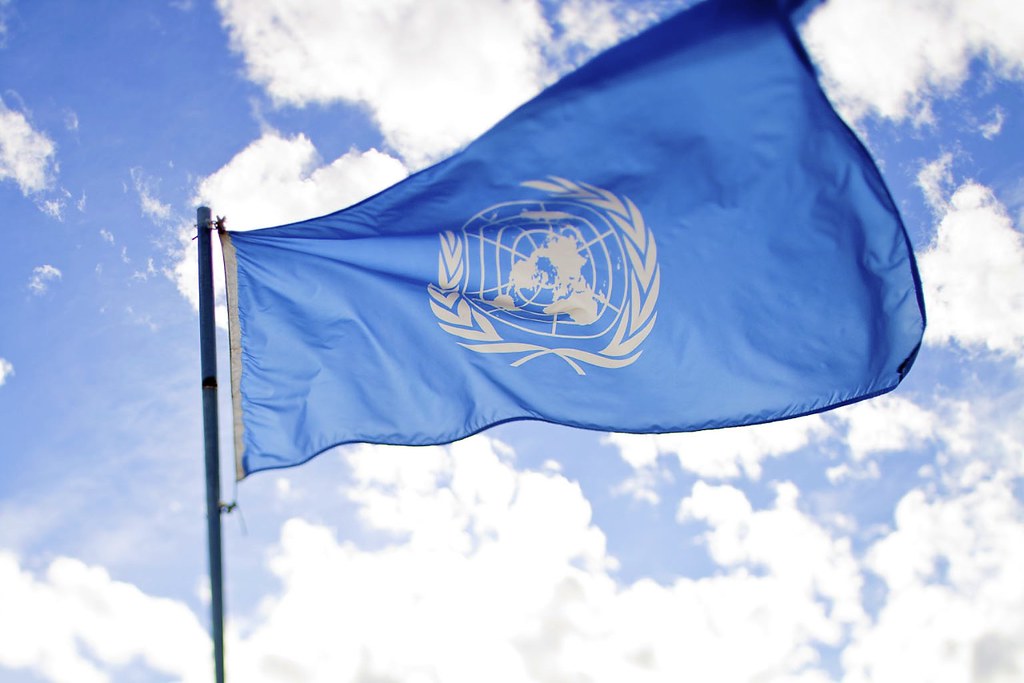Germany faces international and domestic genocide case over Israel weapon sales

Nicaragua has asked the UN's highest court to halt German weapons sales to Israel at the start of a landmark case.
A lawsuit in the German domestic courts will also ask judges to urgently direct the government to revoke all arms licences to Israel issued since October 7th,
Germany is accused of breaching the UN genocide convention by sending military hardware to Israel and ceasing funding of the UN's aid agency.
In 2023 some 30% of Israel's military equipment purchases came from Germany, totalling €300m ($326m; £257m).
The allegations build on a separate case taken by South Africa in January, where judges in the Hague ordered Israel to take "every possible measure" to avoid genocidal acts. The court also ordered Hamas to release all hostages taken from Israel during its 7 October attacks immediately.
Nicaragua says Germany's arms sales to Israel, which totalled $326.5m last year - a tenfold increase on 2022 - make it complicit in Israel's alleged war crimes.
Components for air defence systems and communications equipment accounted for most of the sales, according to the DPA news agency.
Germany was also one of 15 Western nations which suspended funding for the UN's Relief and Works Agency for Palestine Refugees (UNRWA) over allegations that some of the agency's staff were involved in the 7 October attacks on Israel.
According to papers filed with the ICJ, Nicaragua wants the UN's top court to order Berlin to halt weapons sales and resume funding of the aid agency, one of the few international bodies still operating in Gaza.
It says in the absence of such measures, "Germany is facilitating the commission of genocide and is failing in its obligation to do everything possible to prevent the commission of genocide".
Speaking as the trial opened, Alain Pellet, a lawyer for Nicaragua, said it was "urgent that Germany suspend continued sales.
"Germany was and is fully conscious of the risk that the arms it has furnished and continues to furnish to Israel" could be used to commit genocide, he told judges.
Berlin has rejected the allegations, but has remained tight-lipped about its legal strategy ahead of the hearings.
"We note Nicaragua's lawsuit and we deny the allegations as unjustified," government spokesman Wolfgang Buechner said.
Chancellor Olaf Scholz has been a vocal supporter of Israel's right to self-defence, but he has faced increasing domestic hostility to the continuation of arms sales to the country.
The domestic lawsuit has been issued by four human rights groups on behalf of five named Palestinians who say they are in fear of their lives in Gaza, and are suffering a form of collective punishment by Israel.
The legal action is directed against the Green party-led federal ministry for economic affairs and climate action, the department responsible for export licenses under the Weapons of War Control Act.
“It is reasonable to believe that the German government is in violation of the arms trade treaty, the Geneva conventions and its obligations under the genocide convention – agreements that have been ratified by Germany”, said a statement from one of the lead litigants, the European Center for Constitutional and Human Rights (ECCHR).
The five Palestinians include those who have lost relatives in the war, as well as their homes and jobs and are considered internally displaced persons, states the lawsuit.
“All five of my children were killed when Israel fired on the refugee camp where we were staying after fleeing from the north,” one of the plaintiffs said. “Germany must stop sending weapons that fuel this war. No other mother should suffer such a terrible loss.”
The ECCHR general secretary Wolfgang Kaleck, said that international law and human rights were “fundamental” . “A basic prerequisite for a rules-based and human rights-oriented German foreign policy is respect for the law in its own decision making. Germany cannot remain true to its values if it exports weapons to a war where serious violations of international humanitarian law are apparent.”
The Green foreign minister Annalena Baerbock, has become increasingly critical of Israel, describing Gaza as a hell, but for historical reasons, Germany says preservation of Israel’s security is at the heart of its foreign policy.
The case is separate from that brought by Nicaragua, which this week pleaded in front of the International Court of Justice in The Hague that Germany was in defiance of the Geneva conventions by continuing to supply arms to Israel.

